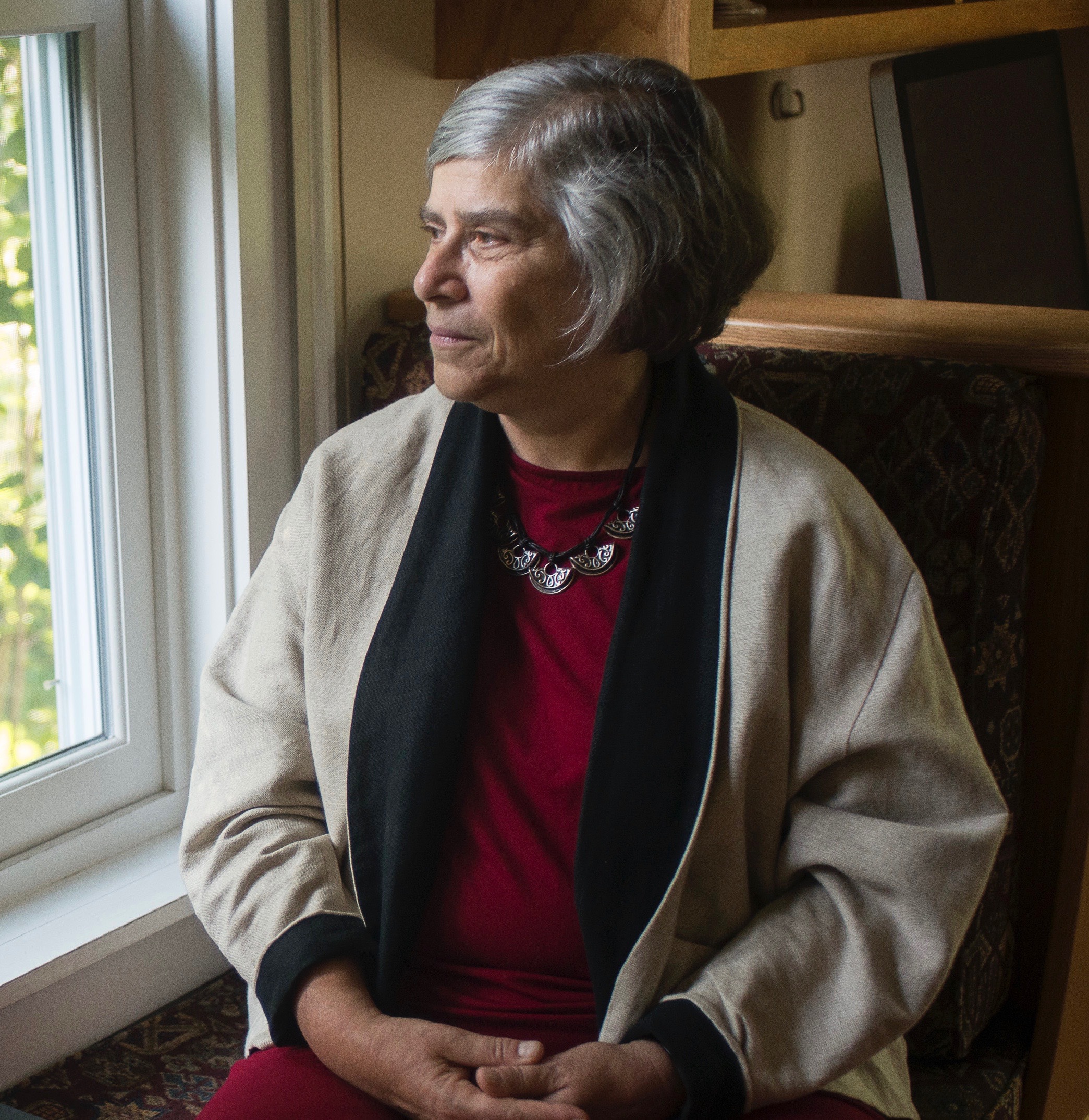People count: Contact tracing apps and public health
Watch on YouTube
Dr. Anthony Fauci ticked off the timeline, "First notice at the end of December, hit China in January, hit the rest of the world in February, March, April, May, early June." COVID-19 spread like wildfire. This disease turned out to be Fauci's "worst nightmare."
Pandemics end because we shut down the infection source or vaccinate against it. But if these techniques don't work, then we contact-trace. For COVID-19, manual contact tracing can be too slow. Phone-based apps might be able to speed this up but raise lots of issues.
We need to know: Is an app efficacious? Does the app help or hinder the efforts of human-based contact tracing, a practice central to ending epidemics? If not---and efficacy must be measured across different communities---there is no reason to consider its use any further. Is the use of the app equitable? What are the social and legal protections for people who receive an exposure notification? Does a contact-tracing app improve public health more effectively than other efforts? Does the public support its use? Without public support, apps fail.
The next pandemic will be different from COVID-19. Now is the time to decide what sorts of medical and social interventions we will make and what choices we want. The choices we make now will reverberate.
Bio
Susan Landau is Bridge Professor in Cyber Security and Policy at The Fletcher School and the School of Engineering, Department of Computer Science, Tufts University, and visiting professor, Department of Computer Science, University College London. Landau works at the intersection of cybersecurity, national security, law, and policy. Landau's new book, “People Count: Contact-Tracing Apps and Public Health,” will be published in April 2021. She has also written “Listening In: Cybersecurity in an Insecure Age,” which came about because of her congressional testimony in the Apple/FBI case, “Surveillance or Security: Risks Posed by New Communications Technologies,” and, with Whitfield Diffie, “Privacy on the Line: The Politics of Wiretapping and Encryption.” Landau has frequently briefed US and European policymakers on encryption, surveillance, and cybersecurity issues. She has been a senior staff privacy analyst at Google, a distinguished engineer at Sun Microsystems, and a faculty member at Worcester Polytechnic Institute, the University of Massachusetts Amherst, and Wesleyan University. She is a member of the Cybersecurity Hall of Fame and of the Information System Security Hall of Fame, and is a fellow of the American Association for the Advancement of Science and of the Association for Computing Machinery, as well as having been a Guggenheim and Radcliffe Fellow.


